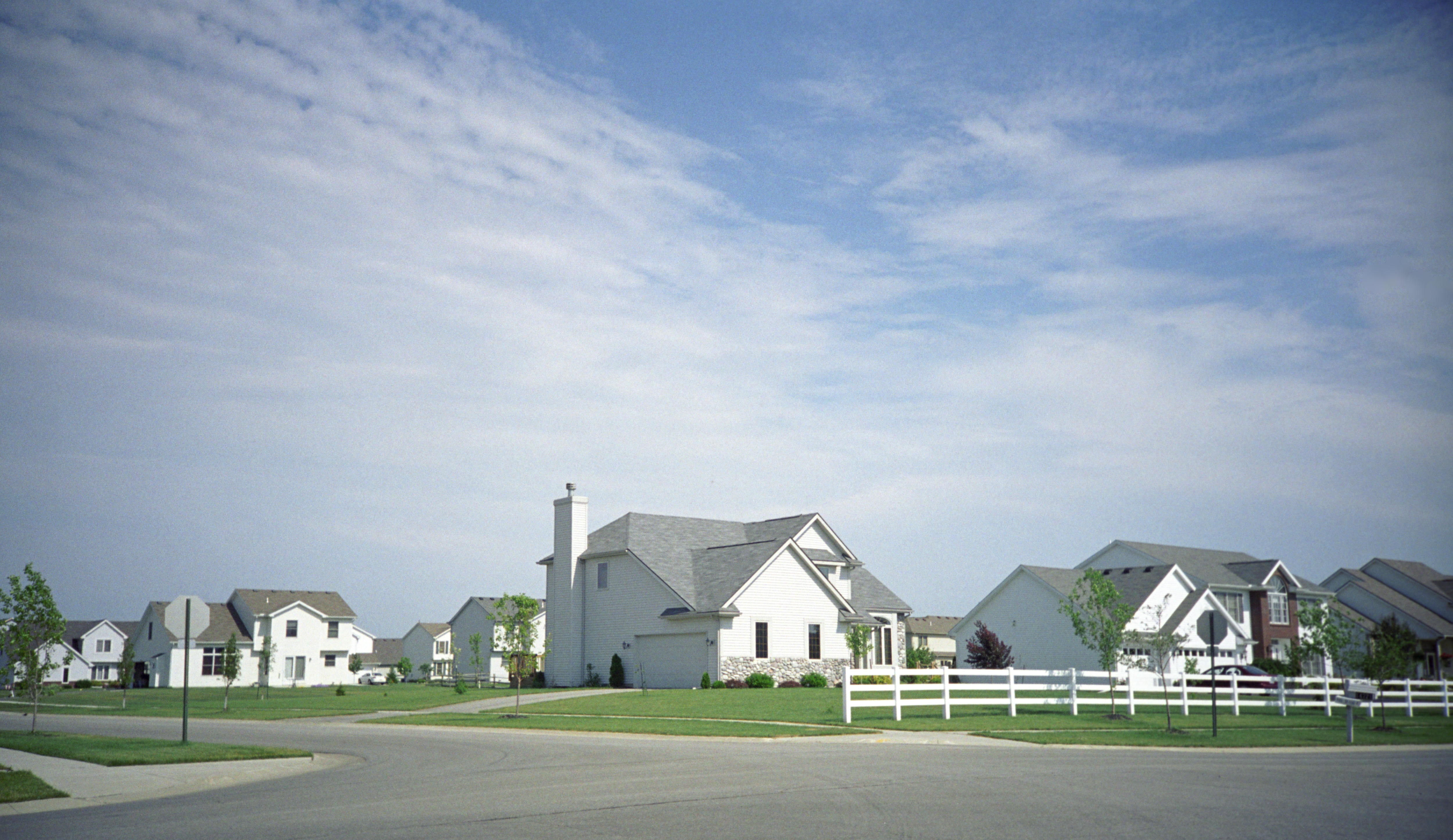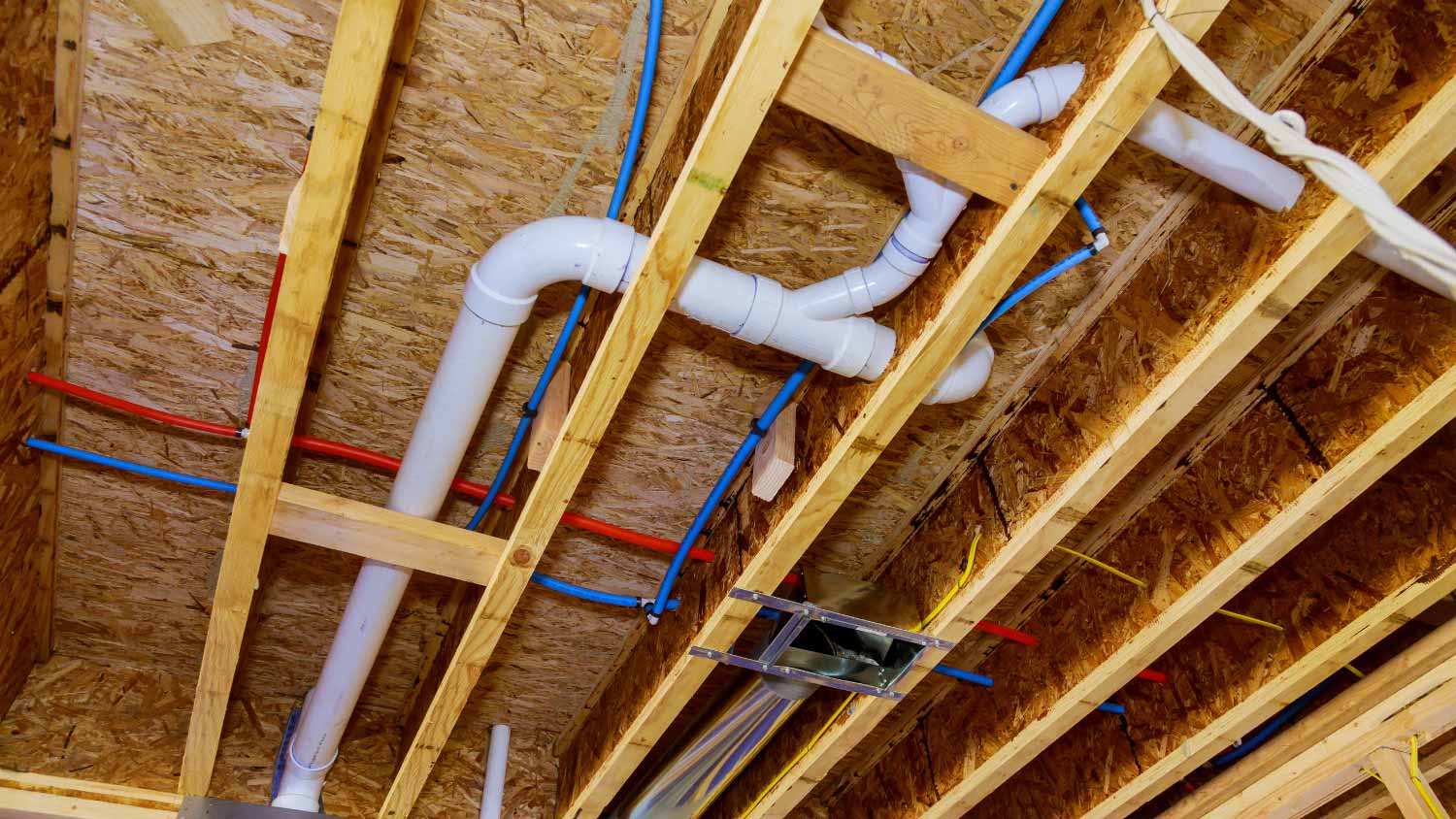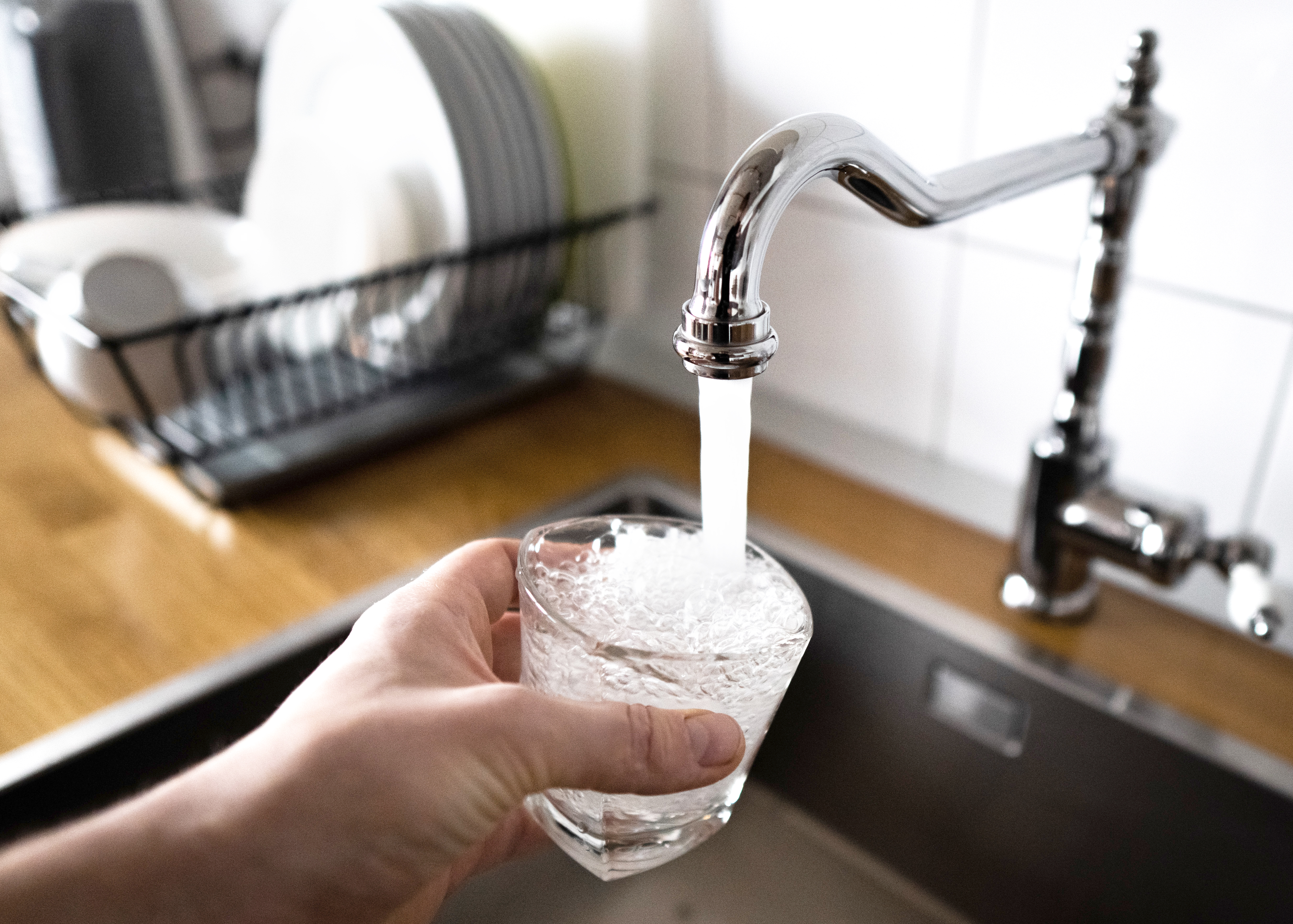
Discover the leading factors affecting your main water line replacement cost in Columbus, including length, material selection, and installation details.
Repiping a house can add some value with a pro’s expertise


Home Value Rating: 2/5
Repiping your home doesn’t necessarily drive an increase in what you can sell your home for.
However, old pipes may be a turn off to potential buyers and may not even pass inspection.
Repiping your home is considered an “invisible improvement” that you may have to do, depending on the condition.
Repiping your home is costly, but so are pipe leak repairs and water damage restoration.
Before you list your home for sale, you’ll probably want to tackle a few projects that drive up the value of your home. But you only have so much time and money to pour into your home, so prioritizing projects with the highest return on investment (ROI) is important. So does repiping a house add value? Yes and no.
If your current pipes are at the end of their life—with cracks, leaks, discolored water, and poor water pressure—you’ll have trouble selling your home, as buyers may be easily turned off. In fact, your house may not even pass inspection, so repiping your house before selling may be mandatory.
However, homeowners are not likely to offer more money just because the house has been repiped. Operational pipes are an expectation of any house, not a selling point. So do you need to repipe your house before you sell? Yes, if they’re not likely to pass inspection or if the older pipes will scare away potential buyers. But will doing so drive up the asking price of your home? Probably not.
Repiping a house does not increase its value in the same sense that a kitchen renovation or fresh paint might. It’s not an upgrade that is going to start a bidding war or incentivize buyers to offer above asking. Instead, plumbing upgrades are considered “invisible improvements” that potential buyers don’t really think about.
However, it may be absolutely necessary to repipe your house before selling for two key reasons:
Buyers may be less likely to make an offer if your home’s plumbing is old and likely to need replacement soon. This means you may get lowballed, or your home may sit longer.
Older pipes may not pass a plumbing inspection, which means buyers might not be able to get approved by a lender to purchase your home without repiping.
So even though you might not increase your home’s value by repiping it, you can improve your chances of selling your home—and faster.
Some plumbing upgrades, like installing high-efficiency fixtures or a water filtration system, on the other hand, can increase the value of your home.
Even if you don’t plan to sell your home soon, there are benefits to repiping it now. Here are some of the reasons homeowners may want to install all new plumbing in their homes:
Fewer plumbing emergencies: If you have older pipes, they’re more susceptible to leaks, which can be expensive to repair. For instance, if you have a frozen pipe burst, you’ll potentially need to call in an emergency plumber to resolve the issue—and emergency plumbers cost up to three times as much as a plumber during normal hours.
Better water pressure: Older pipes may be clogged with sediment and debris, which can reduce your water pressure. All-new pipes, on the other hand, should lead to great water pressure throughout your home. PEX pipes, which resist chlorine, are ideal for avoiding water pressure issues.
Cleaner water: Old pipes rust over time, and that rust gets into your drinking supply. When repiping, consider choosing copper pipes, which can last for 50 years or more and are resistant to corrosion.
The cost to repipe a house ranges from $1,500 to $15,000, though the typical homeowner spends $7,500 to replace their home’s plumbing. The main factors impacting the cost of a whole house repipe include:
The size of your home
The number of plumbing fixtures in your home
The type of plumbing material you choose, such as PVC, PEX, or copper pipes
The hourly rate plumbers near you charge for repiping
The diameter of the piping
Accessibility
Permits

Repiping your house may not yield a major ROI when you sell—buyers expect functional plumbing—but it can still be worth it, whether you’re staying put in your home right now or trying to sell as soon as possible.
Repiping a home is worth it if you’re staying in your house: If you’re regularly dealing with pipe leaks and expensive plumbing repairs, you might save money in the long run by repiping your home. On average, pipe leak repair costs $500, and water damage restoration costs between $1,350 and $6,225; by these estimates, repiping could be worth the investment if it saves just one or two bad pipe bursts. Plus, repiping your home leads to cleaner water and better water pressure.
Repiping a home is worth it before you sell: Although you shouldn’t expect higher bids when you repipe, you can hope to sell your home faster than if you left your old pipes untouched. If you have old pipes, buyers may decide not to put in an offer, or they may lower their bid because they’re already budgeting for the plumbing work when they move in. In some cases, old pipes may not pass a plumbing inspection, meaning you could have trouble selling the house at all.
Home is the most important place on earth, which is why Angi has helped more than 150 million homeowners transform their houses into homes they adore. To help homeowners maximize the value of their investments, we gather ROI data from reputable sources, including industry reports, real estate studies, and interviews with market experts. We calculate the average resale value for projects by multiplying the ROI against the project’s average cost according to our cost data, which is sourced from thousands of real Angi customers.
Want to help us improve our data? Send us a recent project quote or home appraisal value to [email protected]. Quotes and personal information will not be shared publicly.
If you want to pay the most exorbitant prices possible for your job, this is the company for you. “By the job” pricing is a rip-off, at least how these people use it. Every job is plugged into a category and prices are set by category. You might have a job that takes half an hour or one that...
Matt is a consummate professional. The work turned out to be far more difficult than expected and rather than turn the job down, Matt rose to the occasion and completed a near impossible task. I can not recommend Greene's Plumbing Service more highly. On a scale of 1-5 I would give Matt a...
Involved an extensive bathroom remodel, including removing tub & installing walk in shower, new drywall, custome tile work to ceiling, plumbing, etc. Overall, job was done on time and on budget. Nick & his team were very professional and had high attention to detail. Quality was great. Highly...
Awesome company. Had a jacuzzi tub taken out and replaced with huge walk in shower with partial glass enclosure. Onyx to the ceiling with a decorative border, moved plumbing and installed hand held shower, new ceiling, flooring, and paint. Replaced window with glass block. Everything was done...
The plumber was late the first date and explained that he was tied up on the previous job that took much longer than anticipated. We rescheduled for the next day and he showed up first thing in the morning. He quickly fixed the leaking sink faucet and a commode that was loose on its base. He...
Very professional. Explained what they were doing and what we need to do to keep system running well. Will use them again for plumbing and HVAC services
Fine, done in timely manner. The plumber wore shoe booties to protect our floors.
From average costs to expert advice, get all the answers you need to get your job done.

Discover the leading factors affecting your main water line replacement cost in Columbus, including length, material selection, and installation details.

Learn about main water line repair costs in Columbus and what affects pricing to be prepared before you start getting estimates.

Learn how much plumbers cost in Columbus, Ohio. Discover pricing for faucet repairs, pipe work, and emergency services, plus how you can save money.

Installing a new kitchen sink involves removing the old sink and putting in the new one. Follow these steps to learn how to install a kitchen sink like a pro.

Insulating your pipes is a simple DIY project that can prevent costly damage and lower your energy bills. Learn how to insulate your pipes yourself with this easy guide.

Range hood dripping water? You may have damaged flappers or need more insulation. Find out what’s causing the problem and call the right professional to fix it.